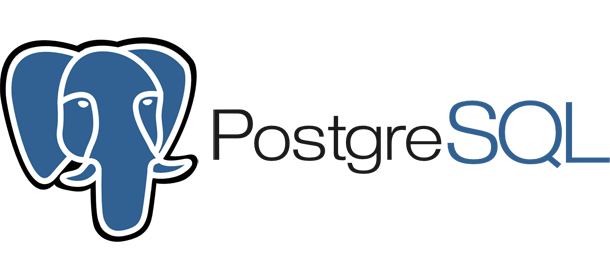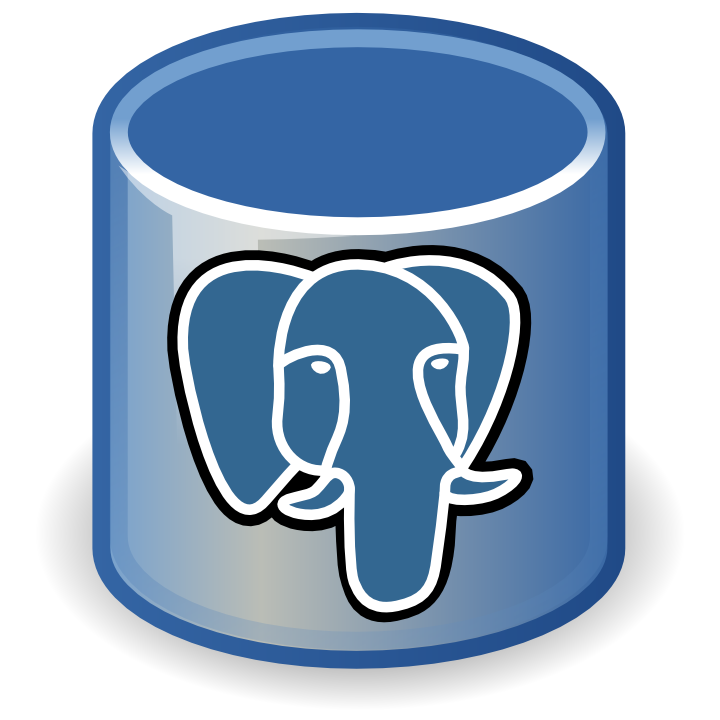
PostgreSQL is used by database administrators for both generic as well as ‘object-relational’ database management system. Pace Wisdom uses PostgreSQL as a database management company and our solutions are deployed in enterprises as an advanced open source database system. This database management system was designed to function on ‘UNIX-like’ platforms. Additionally PostgreSQL is also portable and it functions on platforms like Mac OS X, Solaris, and Windows. Since this database management platform is free and open source, the source code is available under an open source license. Stability is a major feature of PostgreSQL which translates into minimum maintenance efforts. As a consequence developing applications based on PostgreSQL lowers total cost of ownership when compared to similar database management solutions.
PostgreSQL comes with a few advanced features that distinguish this solutions from other enterprise database management systems
User defined types - allowing data storage in customized formats
Table inheritance capability
Advanced record locking model
Foreign key referential integrity
Supports the use of views, rules and subqueries
Nested transactional support with savepoints capability
Multi-version concurrency control for multi-user support
Asynchronous replication capability
Available as a native Microsoft Windows Server version
Tablespaces capability as an advanced storage capability
Incremental database backup (Point-in-time recovery)

Why Does Pace Wisdom Recommend PostgreSQL?
A database management system that implements ‘multi-version concurrency control’ (MVCC) combined with a vital feature known as concurrency control technique for effective transaction management. MMVC is also known as ‘snapshot isolation’.
An all-purpose object-relational database management system (ORDBMS) assisting our developers to integrate custom functions developed using scripting languages such as C, C++, Java, and so on.
An extensible platform such as PostgreSQL helps our developers to define data and index types, support functional languages, etc. Custom plugins may be developed to enhance functionality and to meet enterprise requirements.
When compared to various database management systems, PostgreSQL remains distinct due to the support provided for integral object-oriented and relational database functionalities, such as the complete support for transactions via the ACID model, i.e. Atomicity, Consistency, Isolation, Durability.
This database platform has the capability to efficiently handle multiple tasks. Support for concurrency on PostgreSQL is carried out without ‘read locks’ owing to the implementation of ‘Multiversion Concurrency Control’ (MVCC).
A highly programmable and extensible solution, in built with custom procedures known as called ‘stored procedures’. These functions are designed to simplify repetitive execution of complex and mandatory database operations.
Third-party tools and libraries are now available to simplify PostgreSQL functions, which complements the sturdy nature of this database management system.
Advantages of PostgreSQL
PostgreSQL, even though open-source and free for database administrators, is still a robust relational database management system.
PostgreSQL comes ready with advanced features and supports various cutting edge third-party tools to help database administrators to design, manage and use this data management system.
PostgreSQL is bolstered by a dedicated and qualified global community that can be easily accessed through knowledge portals and question and answer websites.
It is possible to extend PostgreSQL programmatically with stored procedures, like an advanced RDBMS should be.
PostgreSQL is both a relational database management system and an objective database management system with added support for nested transactions and other related functionalities.